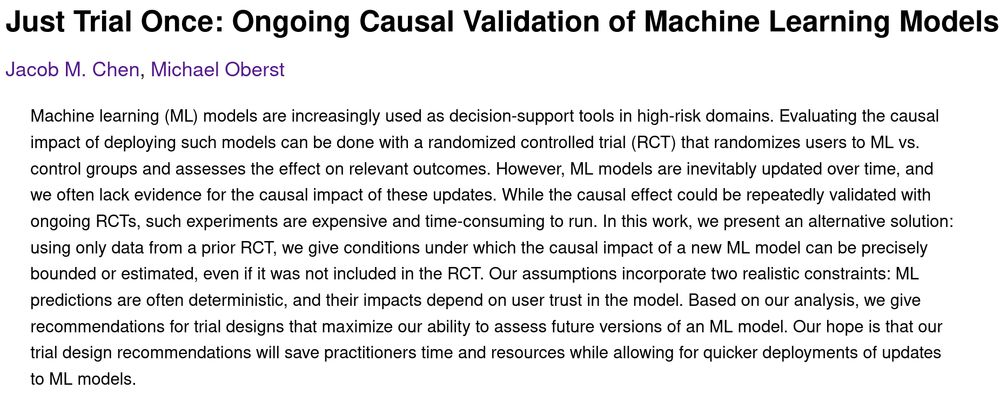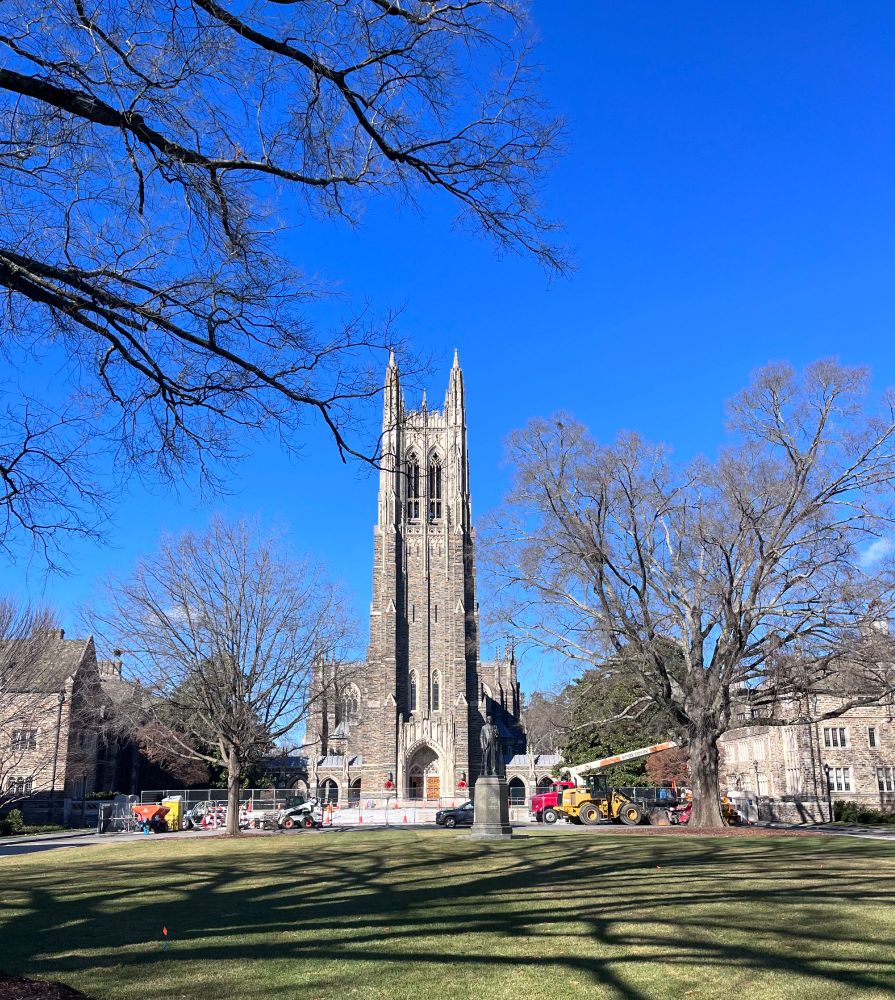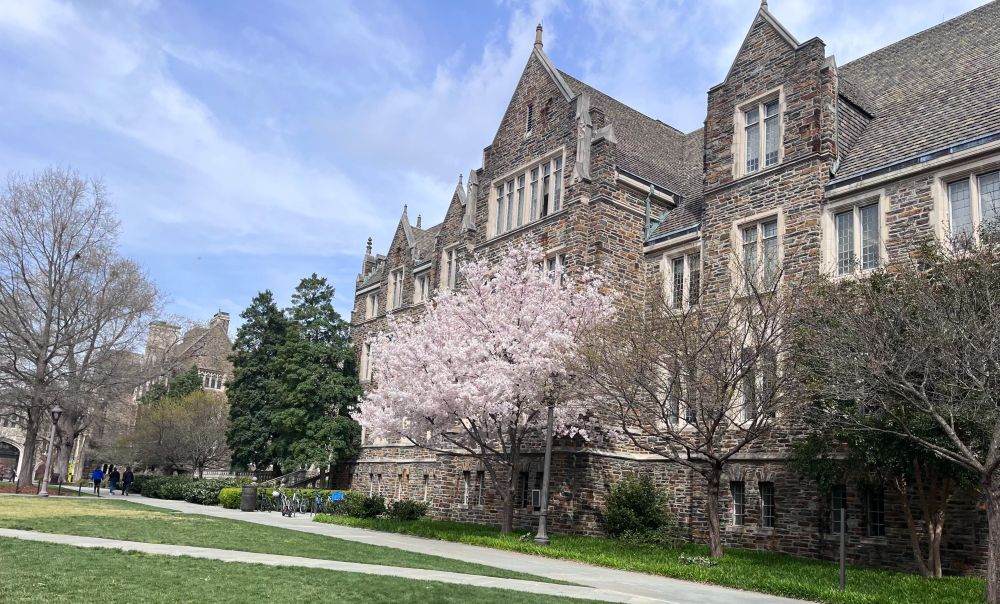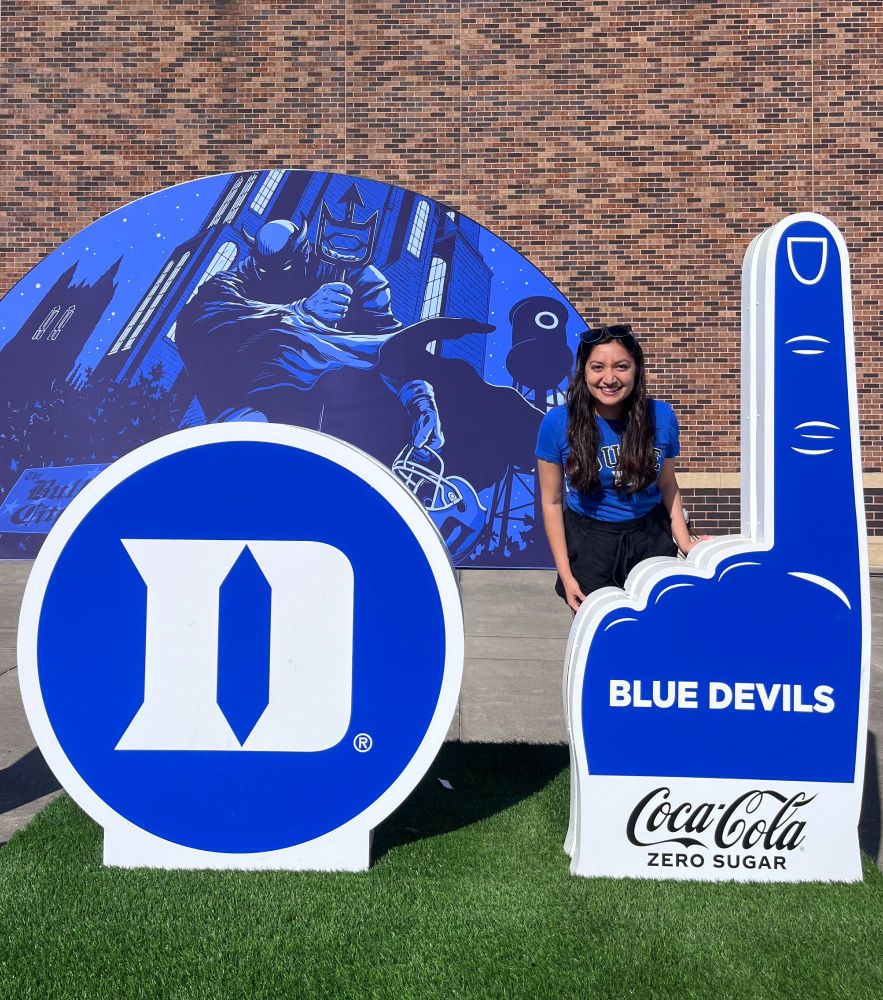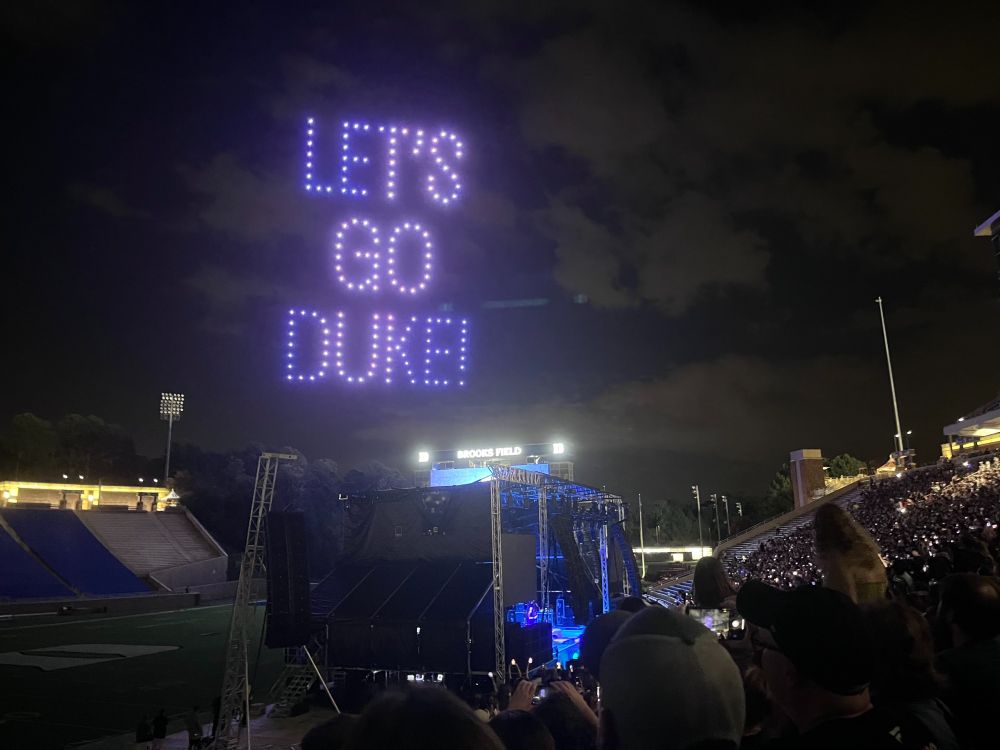Michael Oberst
@moberst.bsky.social
1.2K followers
180 following
19 posts
Assistant Prof. of CS at Johns Hopkins
Visiting Scientist at Abridge AI
Causality & Machine Learning in Healthcare
Prev: PhD at MIT, Postdoc at CMU
Posts
Media
Videos
Starter Packs
Michael Oberst
@moberst.bsky.social
· Jul 23
Michael Oberst
@moberst.bsky.social
· Jul 23
Michael Oberst
@moberst.bsky.social
· Jul 23
Michael Oberst
@moberst.bsky.social
· Dec 30
Michael Oberst
@moberst.bsky.social
· Dec 26
Michael Oberst
@moberst.bsky.social
· Dec 12
Michael Oberst
@moberst.bsky.social
· Dec 12
Reposted by Michael Oberst
Ben Golub
@bengolub.bsky.social
· Nov 9
Michael Oberst
@moberst.bsky.social
· Nov 27
Zachary Lipton
@zacharylipton.bsky.social
· Nov 26
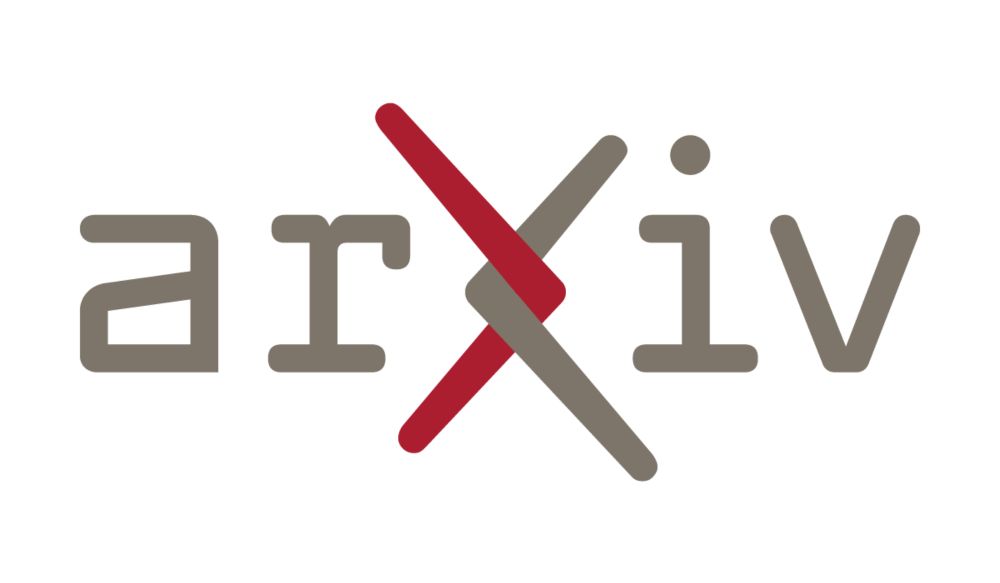
Medical Adaptation of Large Language and Vision-Language Models: Are We Making Progress?
Several recent works seek to develop foundation models specifically for medical applications, adapting general-purpose large language models (LLMs) and vision-language models (VLMs) via continued pret...
arxiv.org
Reposted by Michael Oberst
Zachary Lipton
@zacharylipton.bsky.social
· Nov 26

Medical Adaptation of Large Language and Vision-Language Models: Are We Making Progress?
Several recent works seek to develop foundation models specifically for medical applications, adapting general-purpose large language models (LLMs) and vision-language models (VLMs) via continued pret...
arxiv.org
Michael Oberst
@moberst.bsky.social
· Nov 24
Michael Oberst
@moberst.bsky.social
· Nov 22
Michael Oberst
@moberst.bsky.social
· Nov 22
Michael Oberst
@moberst.bsky.social
· Nov 20
Reposted by Michael Oberst
Reposted by Michael Oberst
Sherri Rose
@sherrirose.bsky.social
· Nov 16
Reposted by Michael Oberst
Berk Ustun
@berkustun.bsky.social
· Nov 17
Reposted by Michael Oberst





